Gulabo Sitabo became the first mainstream film to directly release on an OTT platform.
Starring Amitabh Bachchan and Ayushmann Khurrana in the lead role, Gulabo Sitabo is inspired by a folk tale-puppet show about two women, forever at odds with each other. Like most folk tales, this particular story also delivers a social lesson – greed is not good.
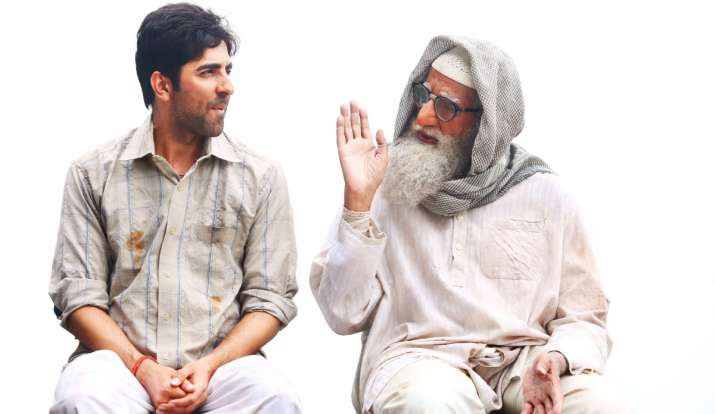
A simple story, coupled with a great background score, performances that go above and beyond our very high expectations, and an indulgent look at Lucknow, make Gulabo Sitabo a family entertainer most people would enjoy.
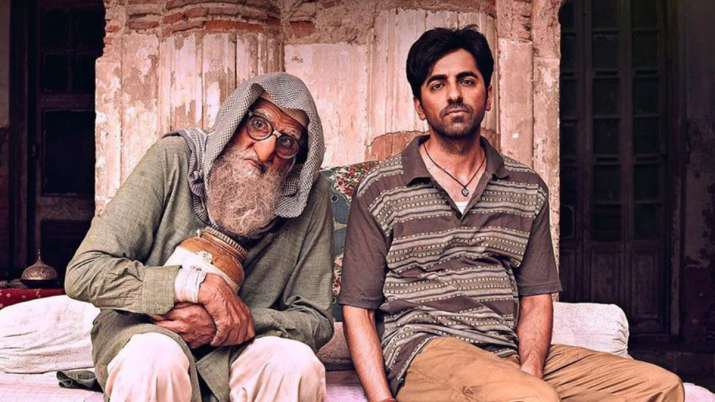
However, what truly sets the film apart is the liberal use of colloquial phrases that naturally draw out a laugh from the audience, and the reliance on simple situations to make something comical.
Like the belief that elders have – that a bike, and mobile, is the reason for all mishaps.
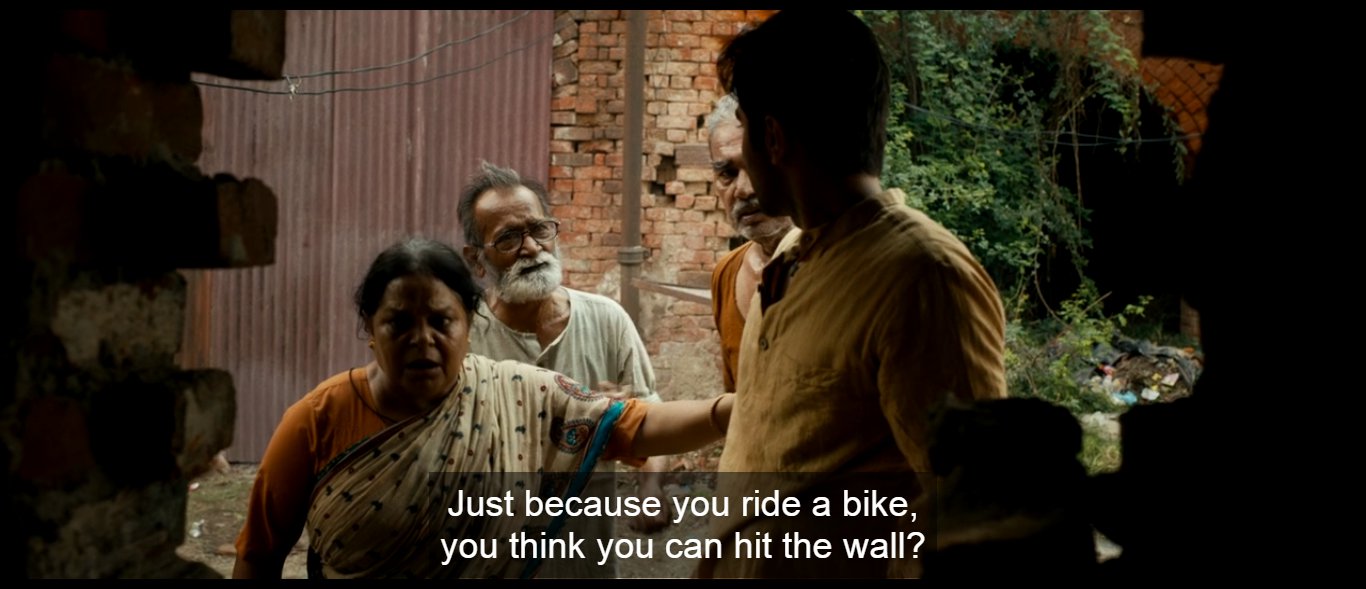
Simply put, despite drawing inspiration from the age-old, but admittedly sexist trope, of quarreling women, at no point does the film panders to sexist or vulgar jokes.
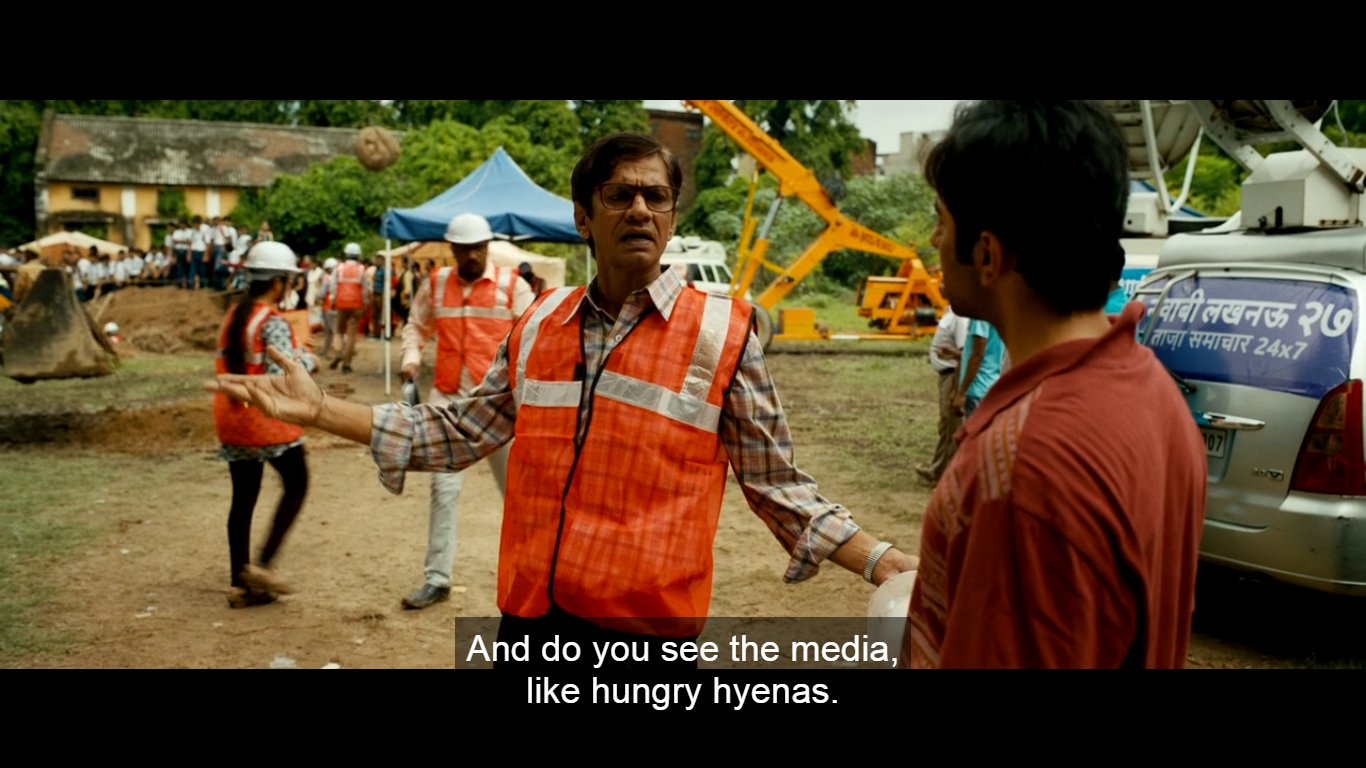
Nor does it use a person’s appearance, gendered roles, or any of the common, problematic elements that Bollywood relies on for comedy. And it is such a refreshing change.
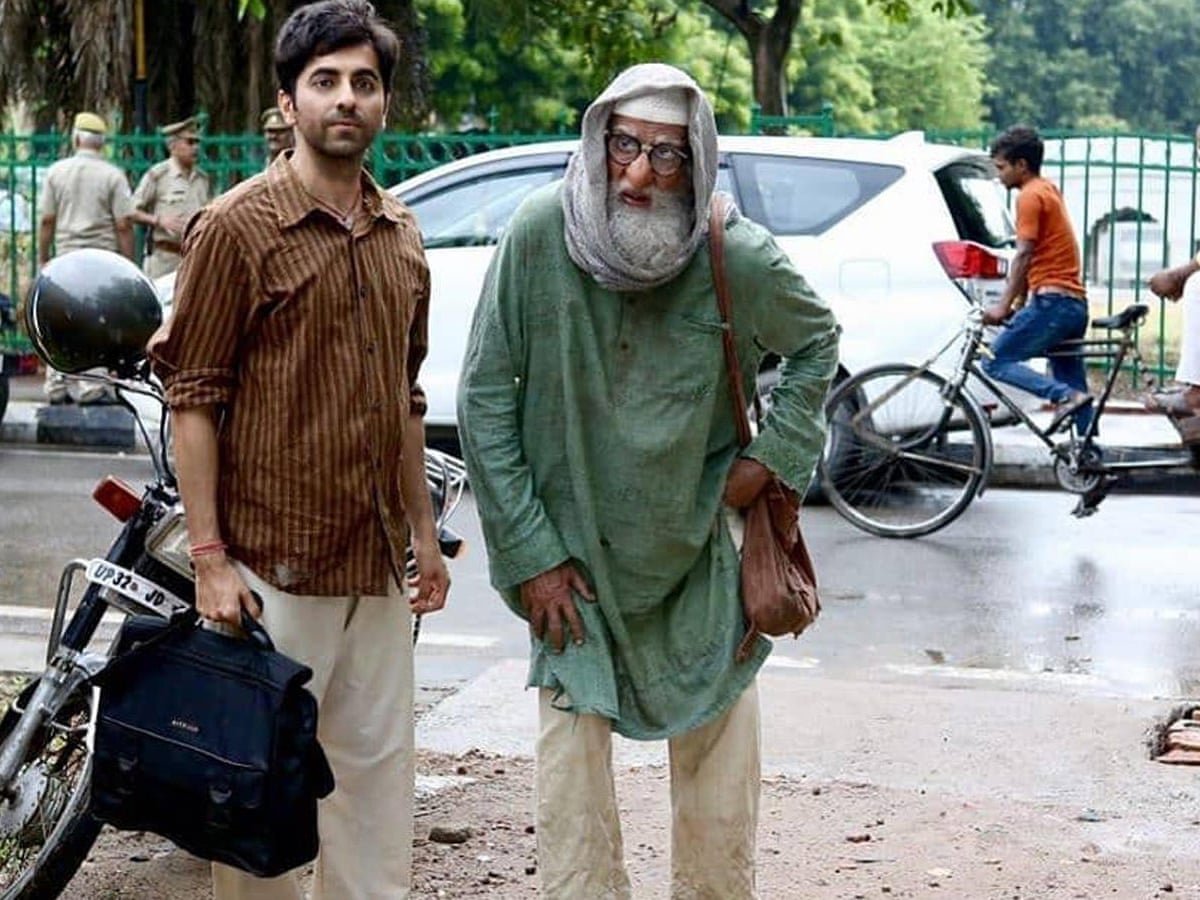
The main source of humor in the film arises from Baankey’s (Ayushmann Khurrana) interactions with his 78-year-old curmudgeon landlord, Mirza (Amitabh Bachchan).
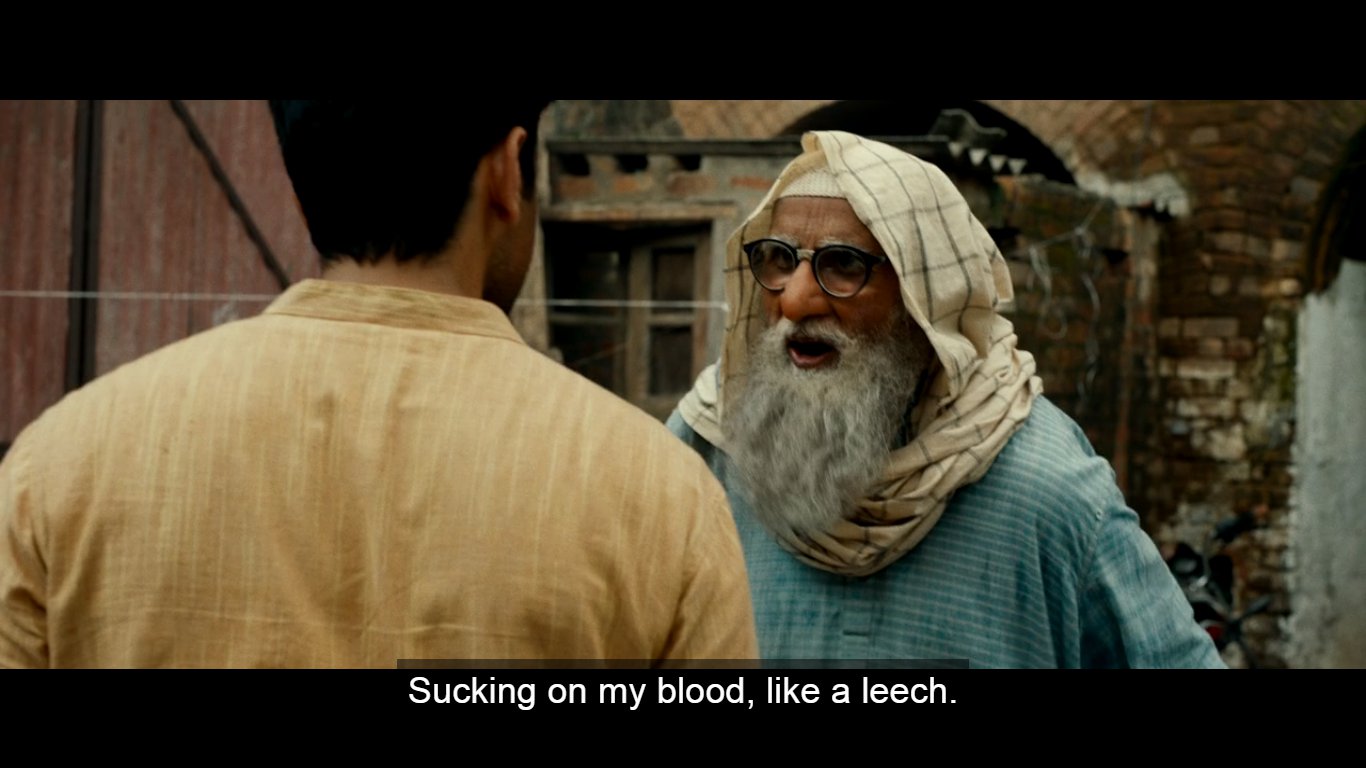
Kudos to Juhi Chaturvedi for penning dialogues that are some of the most creative insults I’ve heard. But they do not employ swear words so common to the Hindi language, we often forget how sexist they are.
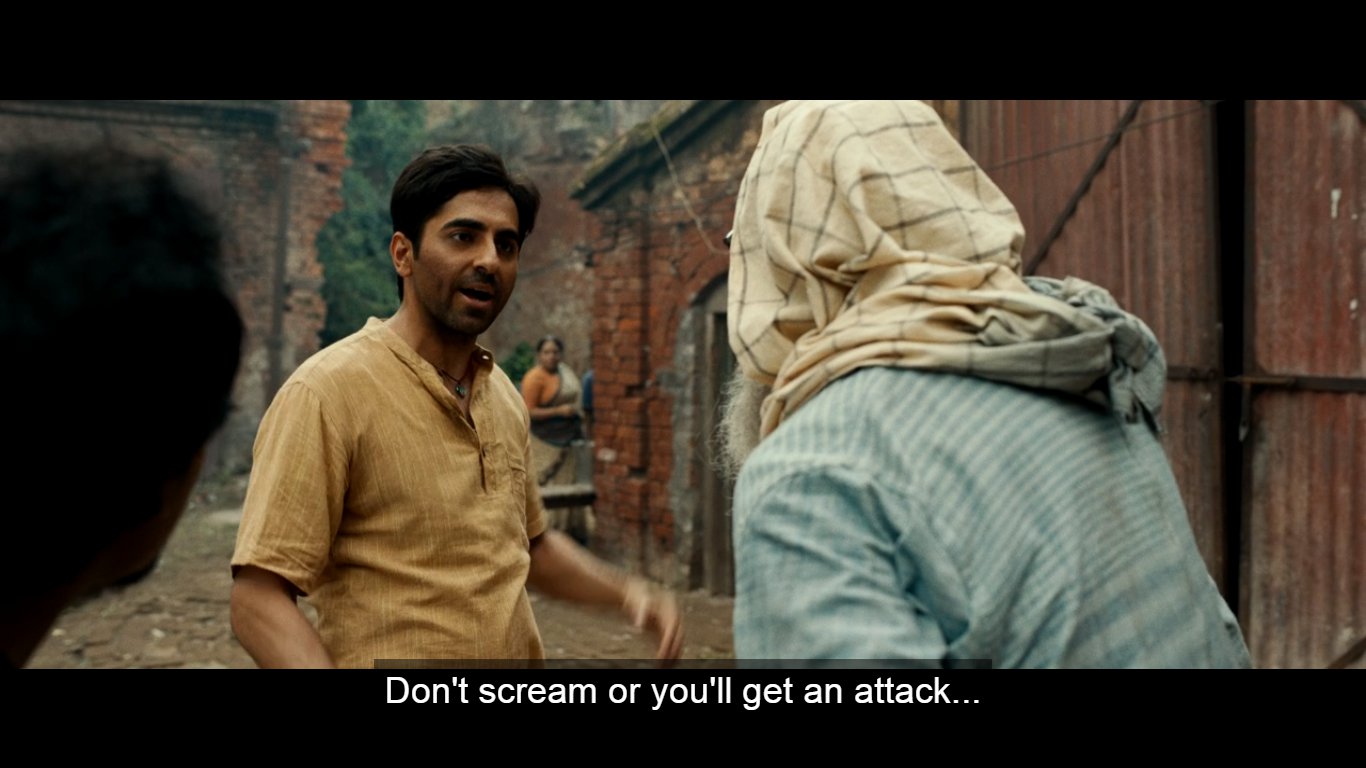
Similarly, a situation becomes humorous when Baankey’s ploys to get out of paying rent are spoiled by his youngest sister’s inability to lie. Or when a wall breaks down in a mansion that appears to be held up by sheer will, and not brick and mortar. And the residents are still surprised.
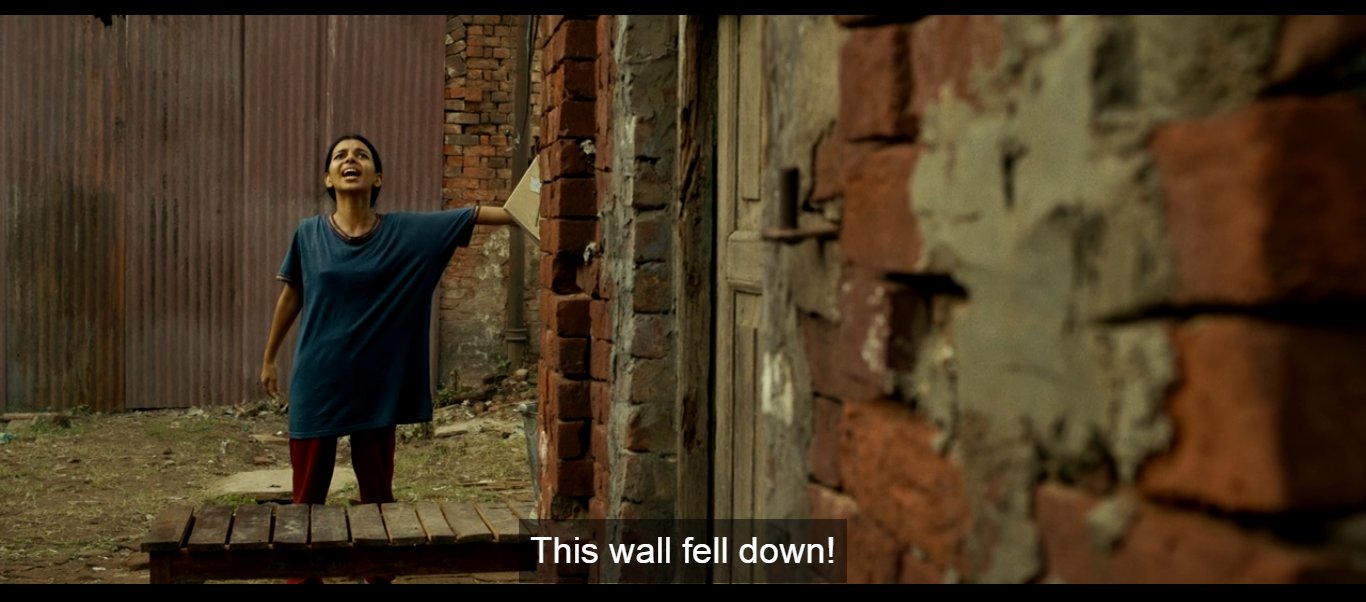
Or every time that Mirza–who may be old but never appears frail–loses his balance on hearing his possible monetary gains, you can’t help breaking out in a chuckle.

Again, the creators deserve complete credit for not once making Baankey’s pronounced lisp a source of humor. It is, much like his potbelly, an element of his personality.
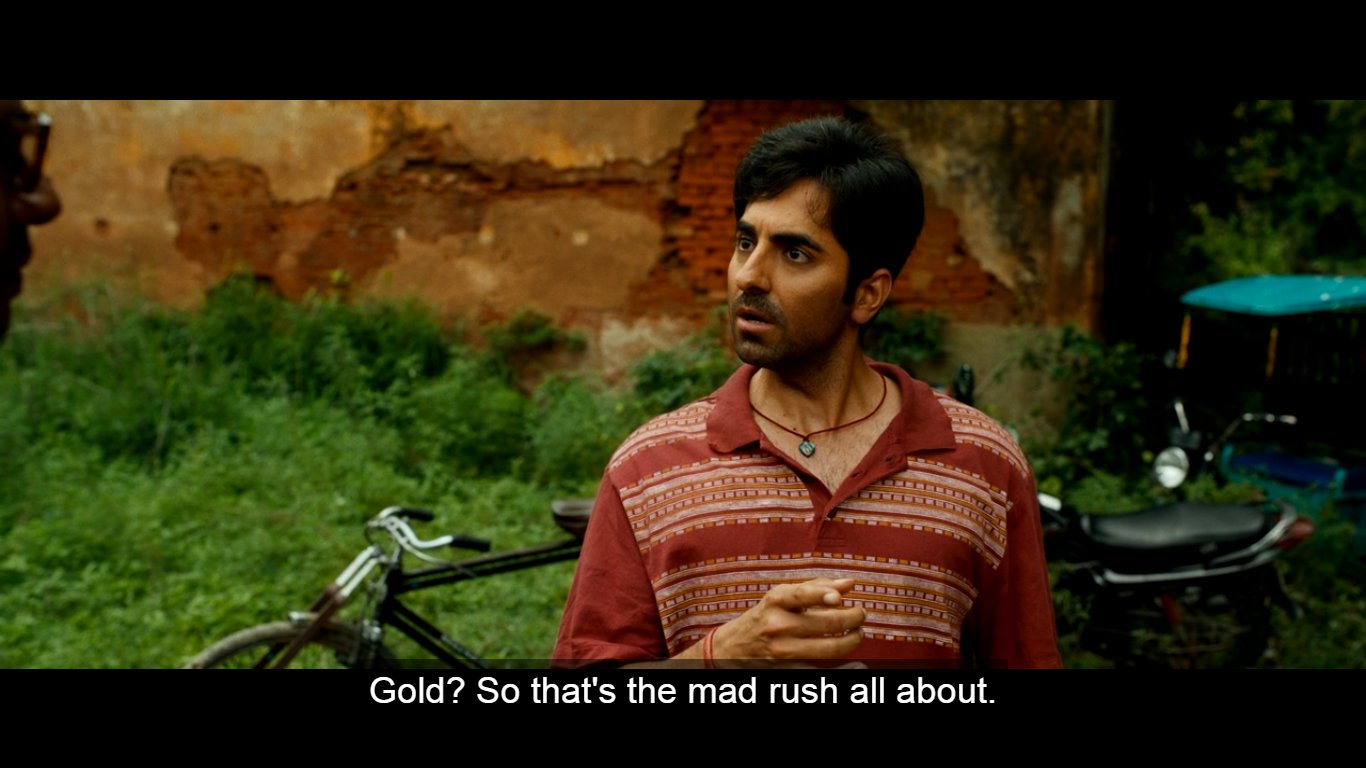
The humour is derived from his quarrels with his younger sisters, his bittersweet discussions with the officers from the archaeology department, and his constant one-upmanship with Mirza.
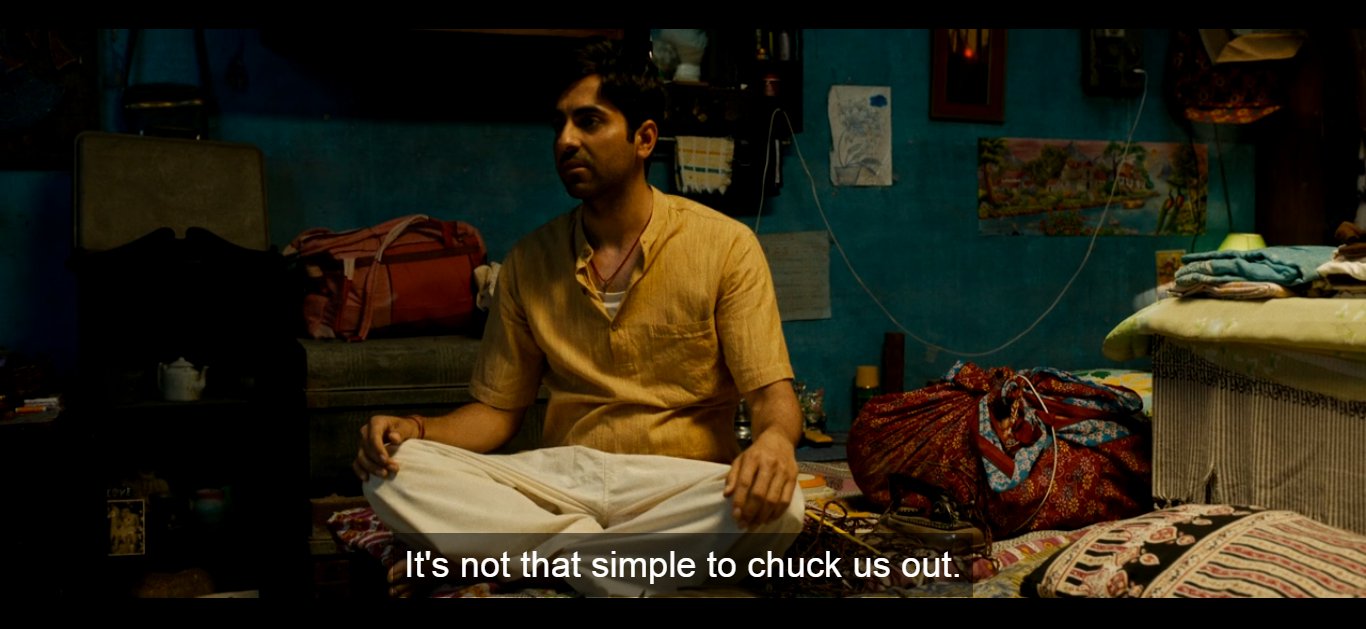
Just like the relationship between Mirza and his wife is not riddled with ‘husband-wife’ jokes that inadvertently promote patriarchal ideologies.
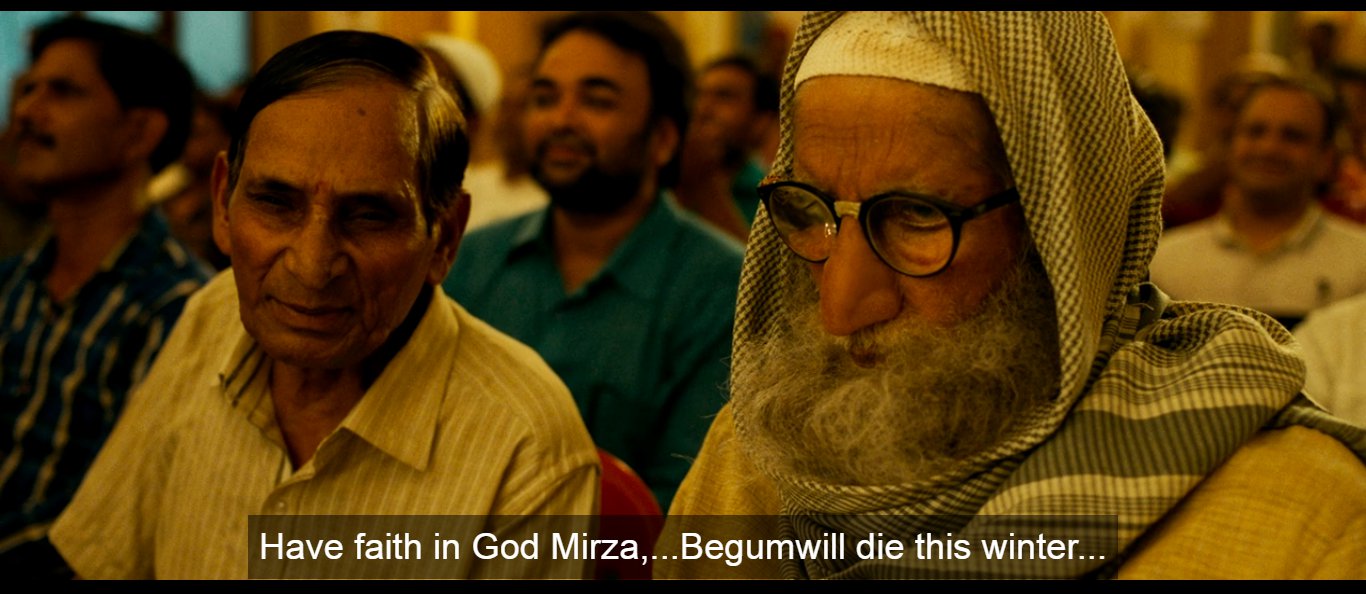
In other words, when Mirza desires for his wife’s death, it is because he actually wants to be the owner of his first love, the mansion. At no point do chauvinistic remarks make an appearance.
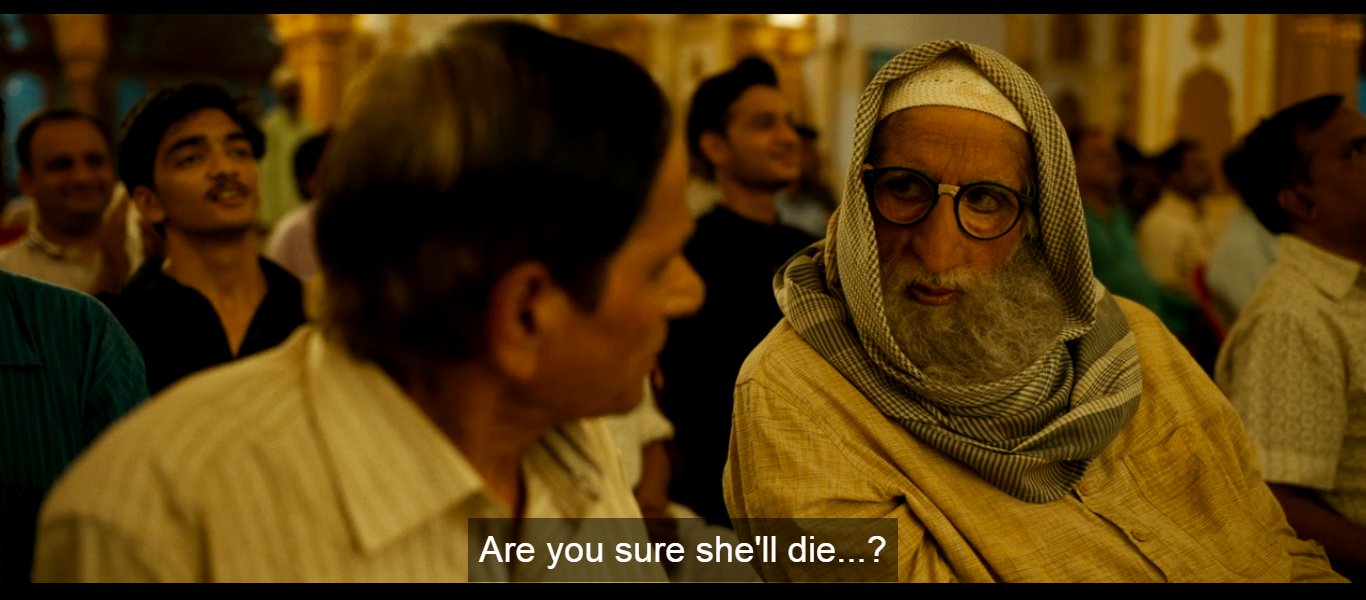
It is refreshing and heartening to see that a film, which could have easily introduced unsavory comments and relegated them to an old man’s (Mirza) mumblings, or an uneducated person’s (Ayushmann Khurrana) narrow outlook, instead chose to let the situations be comical in their own right.
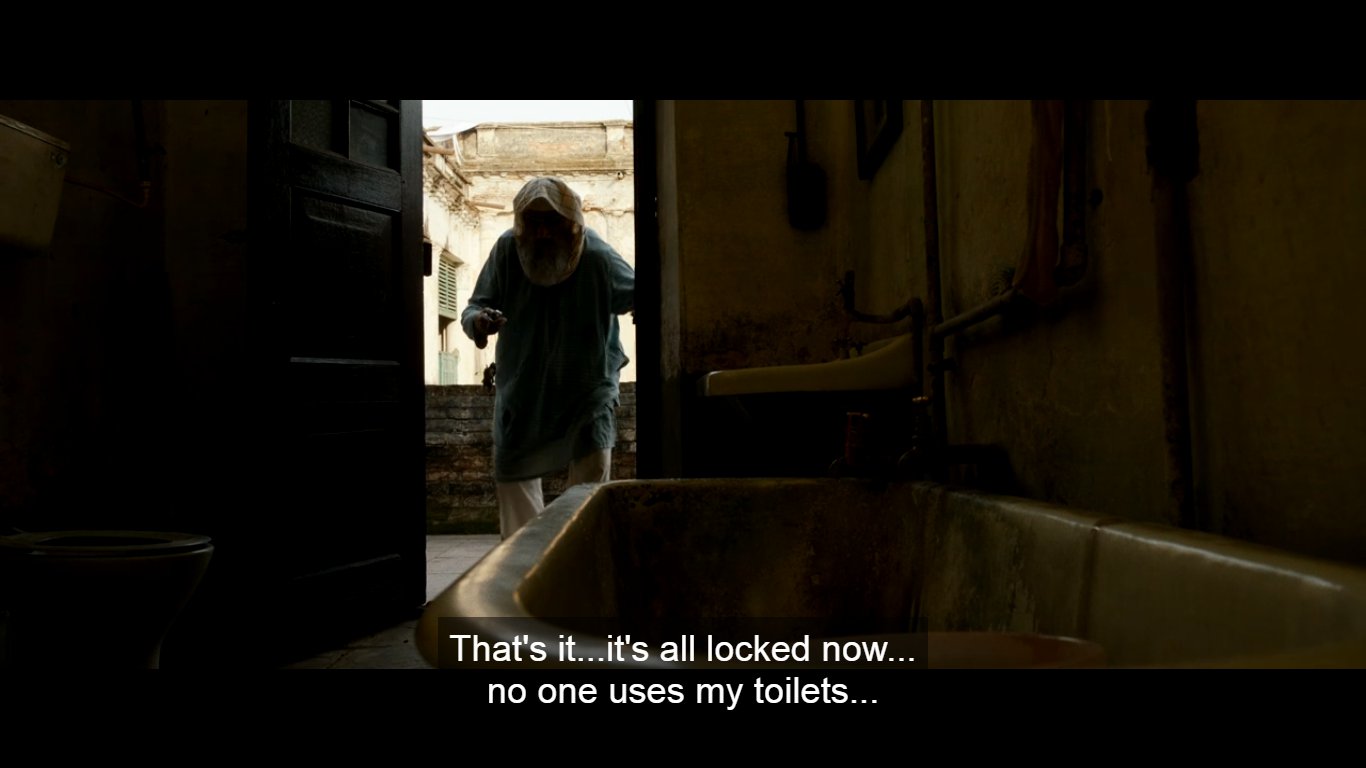
Gulabo Sitabo is a subtle, beautiful reminder that humor can arise without demeaning a person’s identity, reducing a person to his or her imperfections, or objectifying women. Because, as most of us would agree, we Indians are a unique bunch and our idiosyncrasies never leave us short on subjects to laugh upon.
All images from Amazon Prime Video, unless specified otherwise.

















